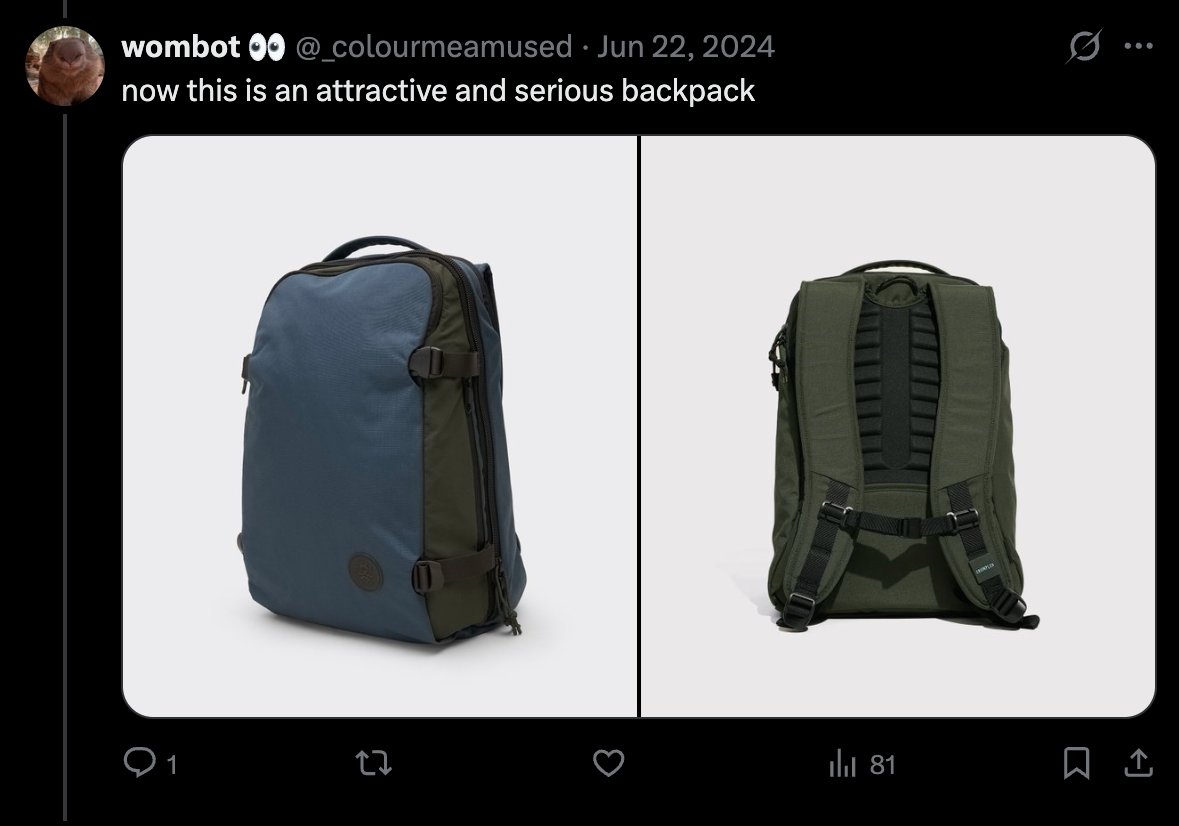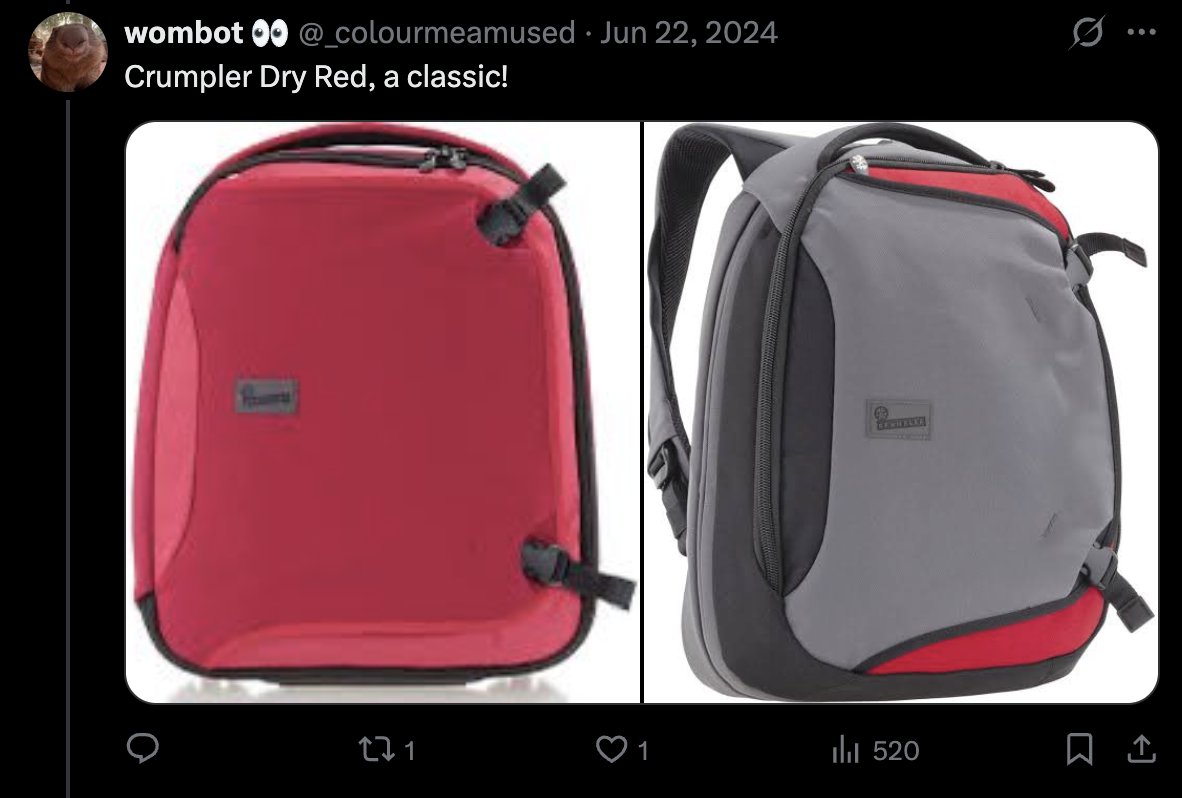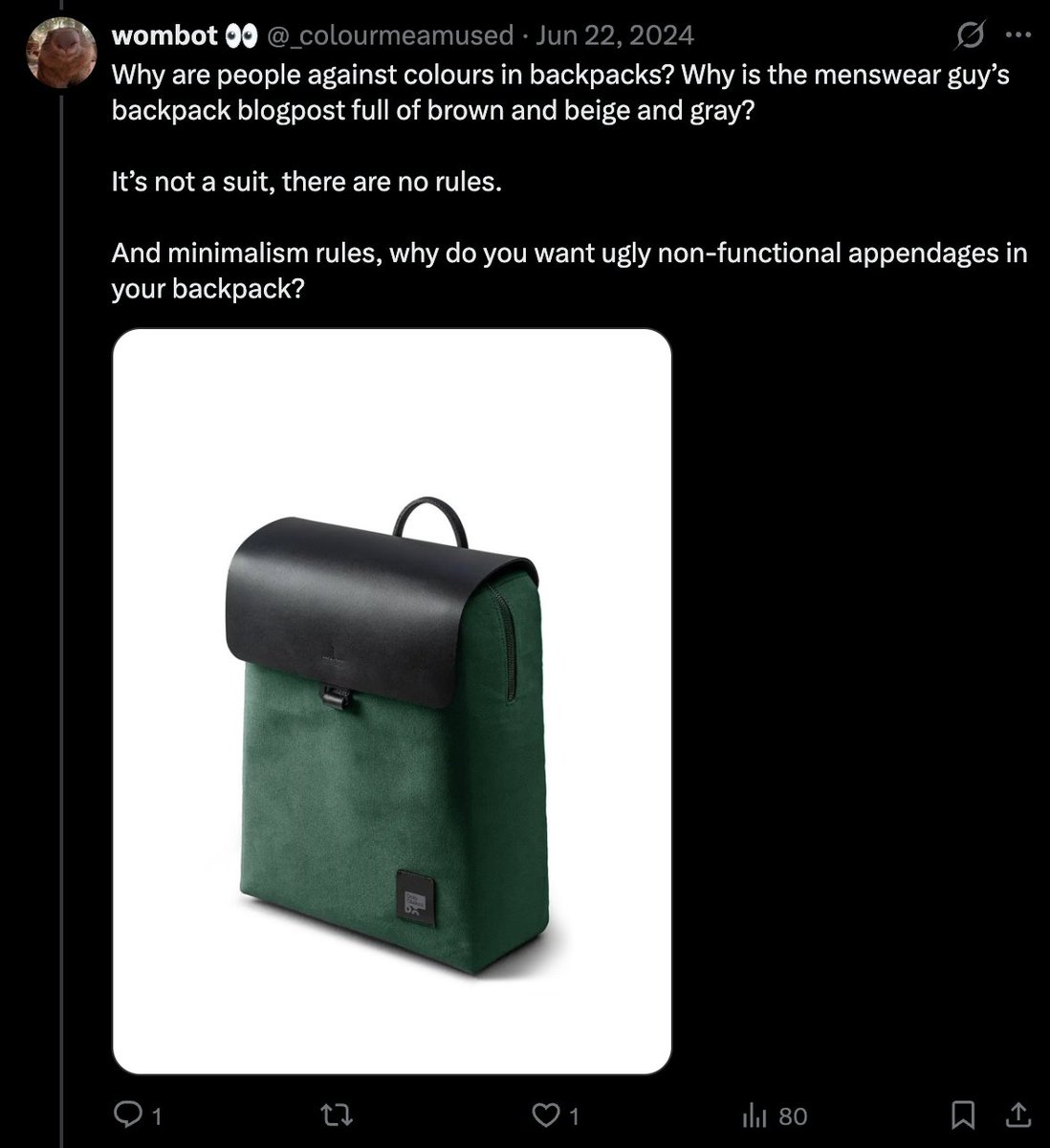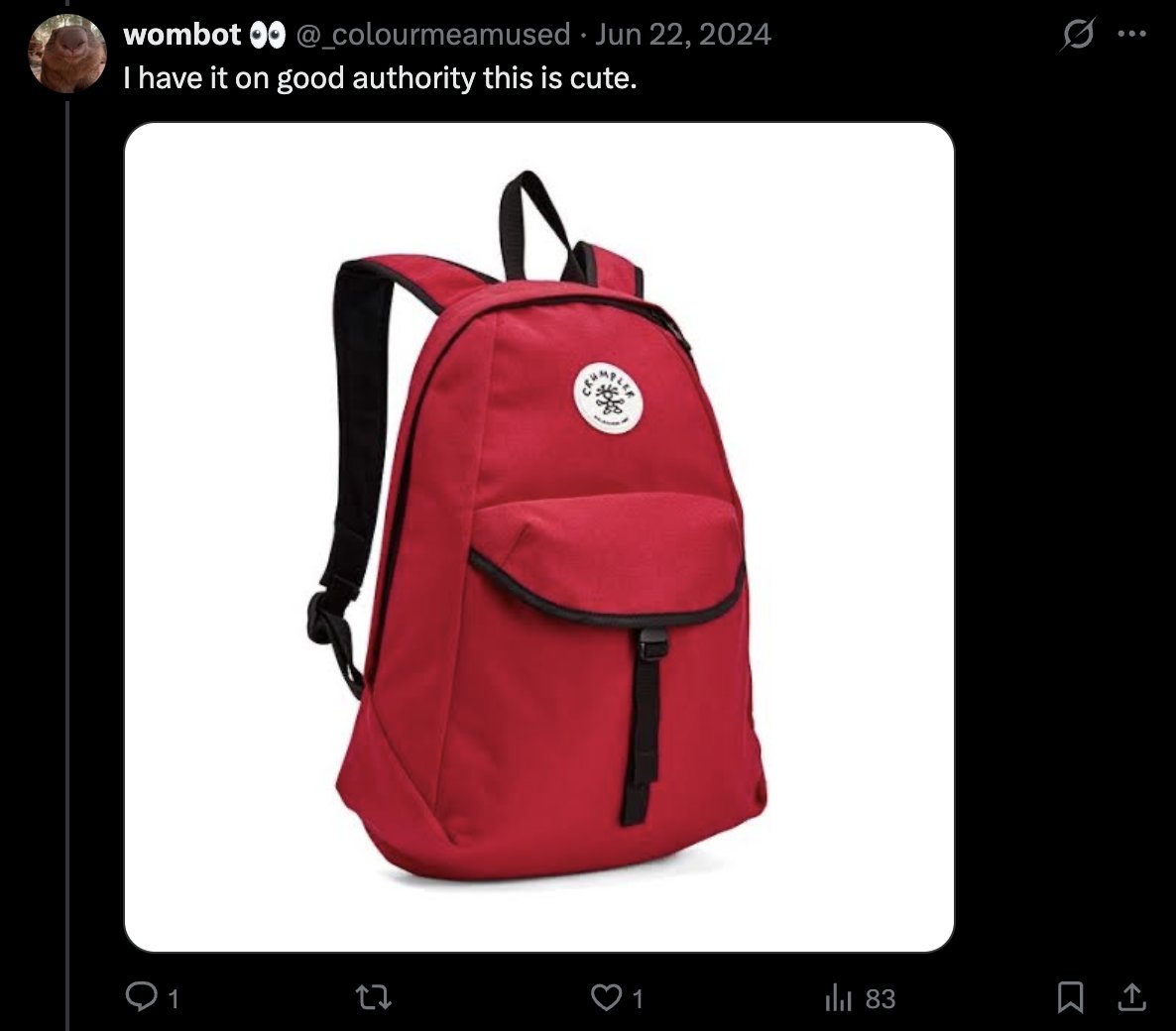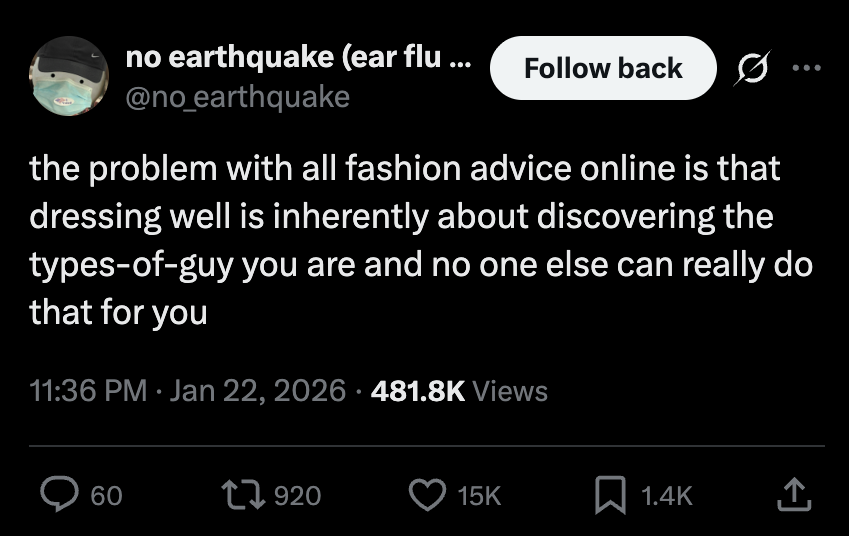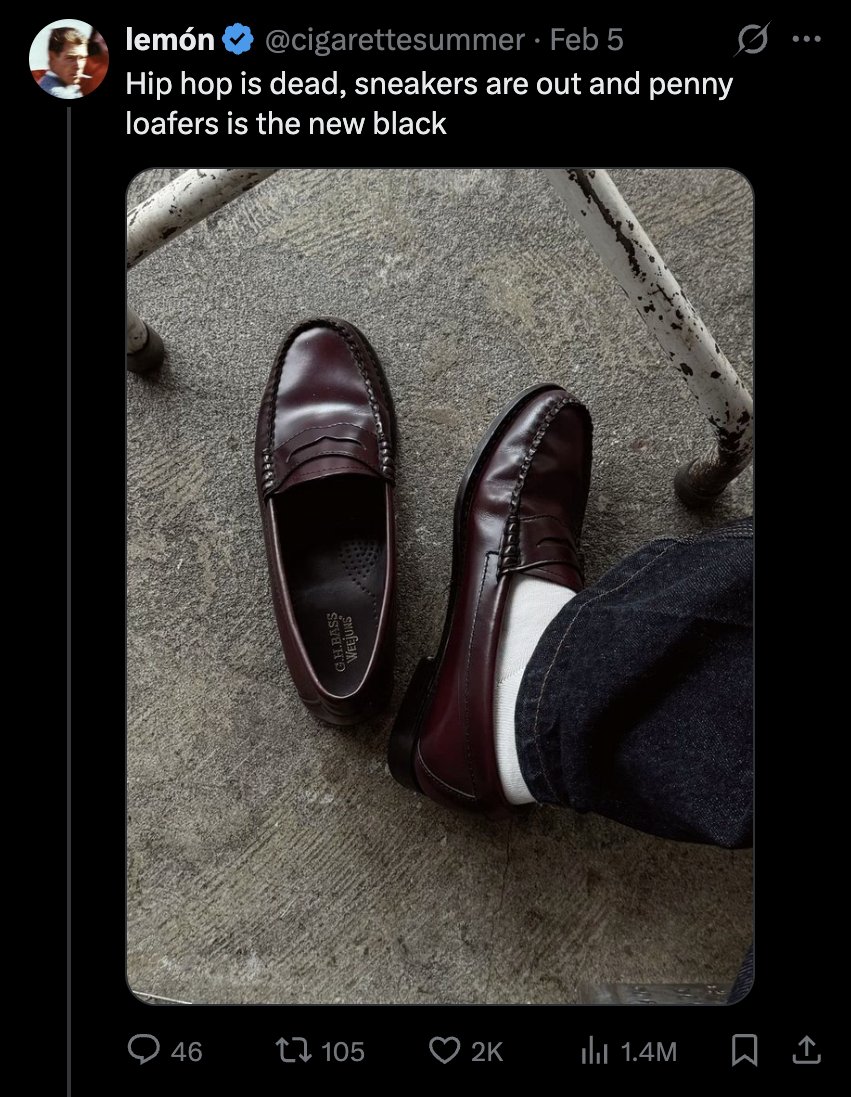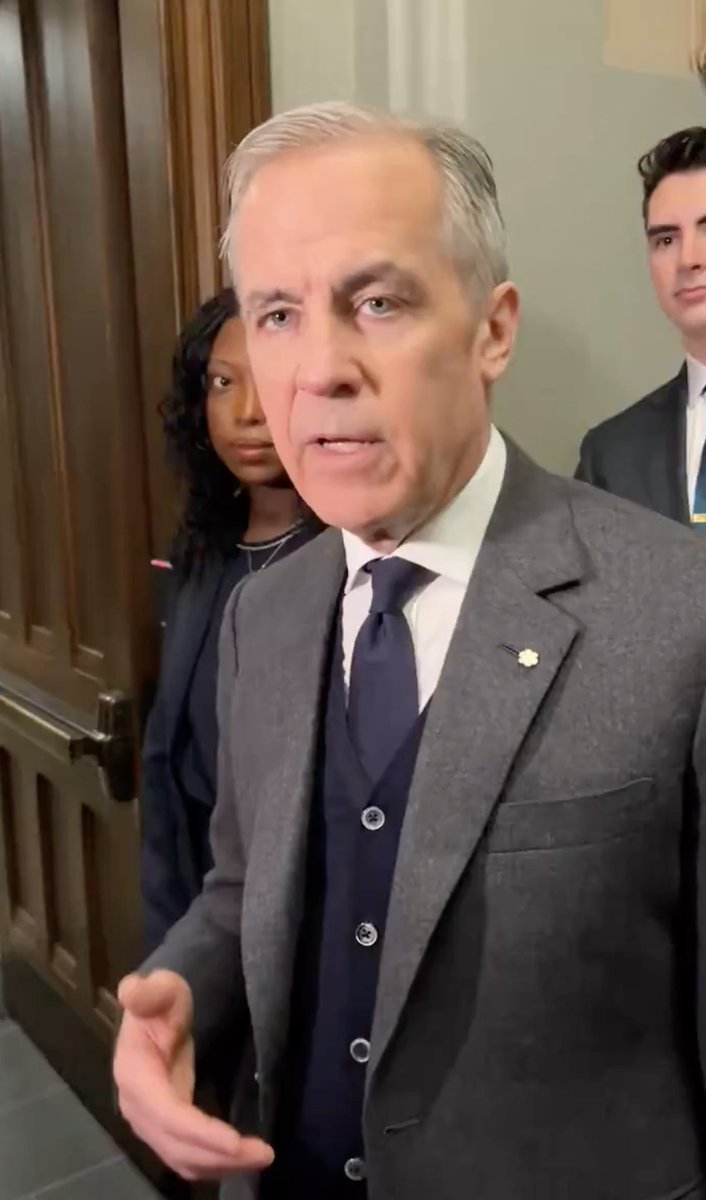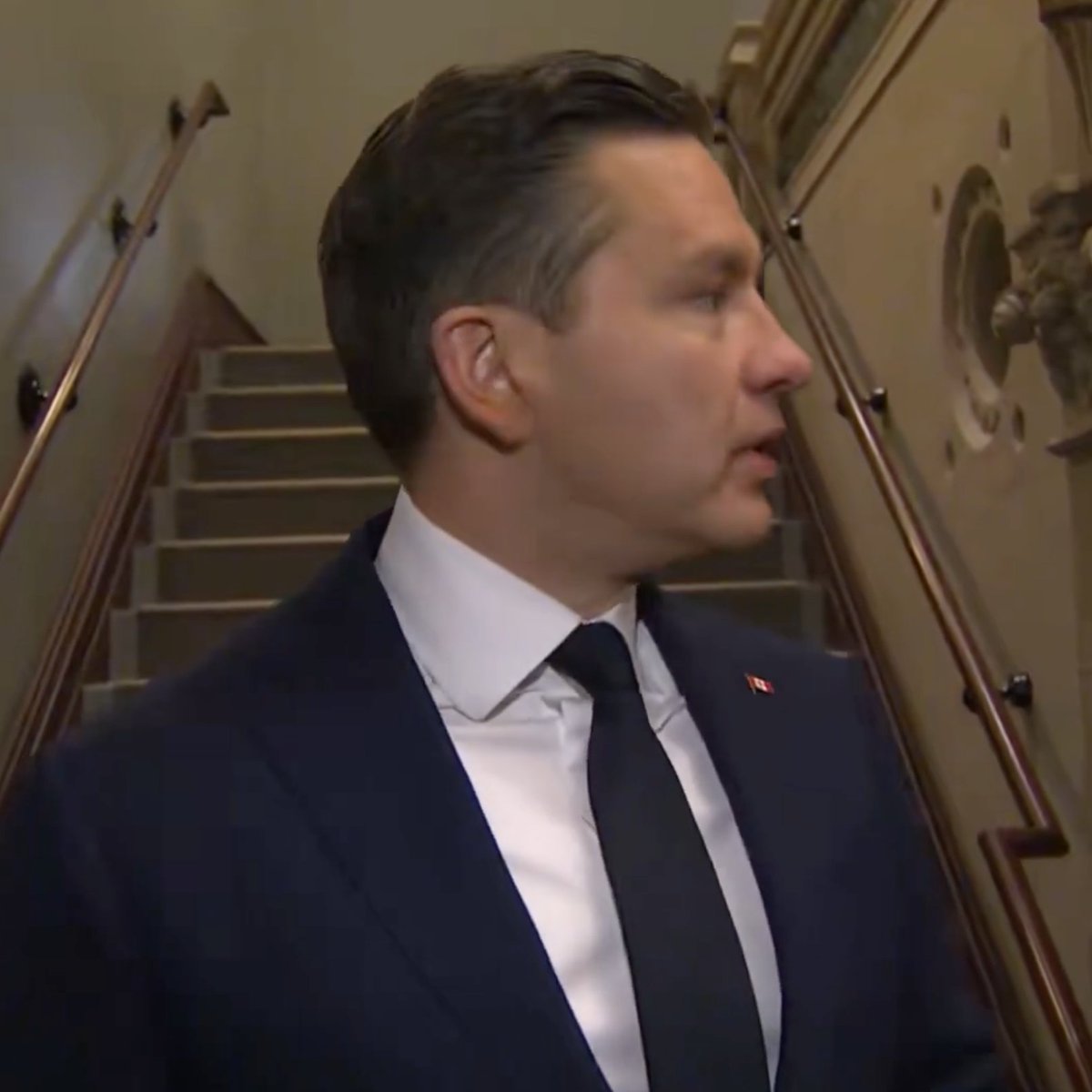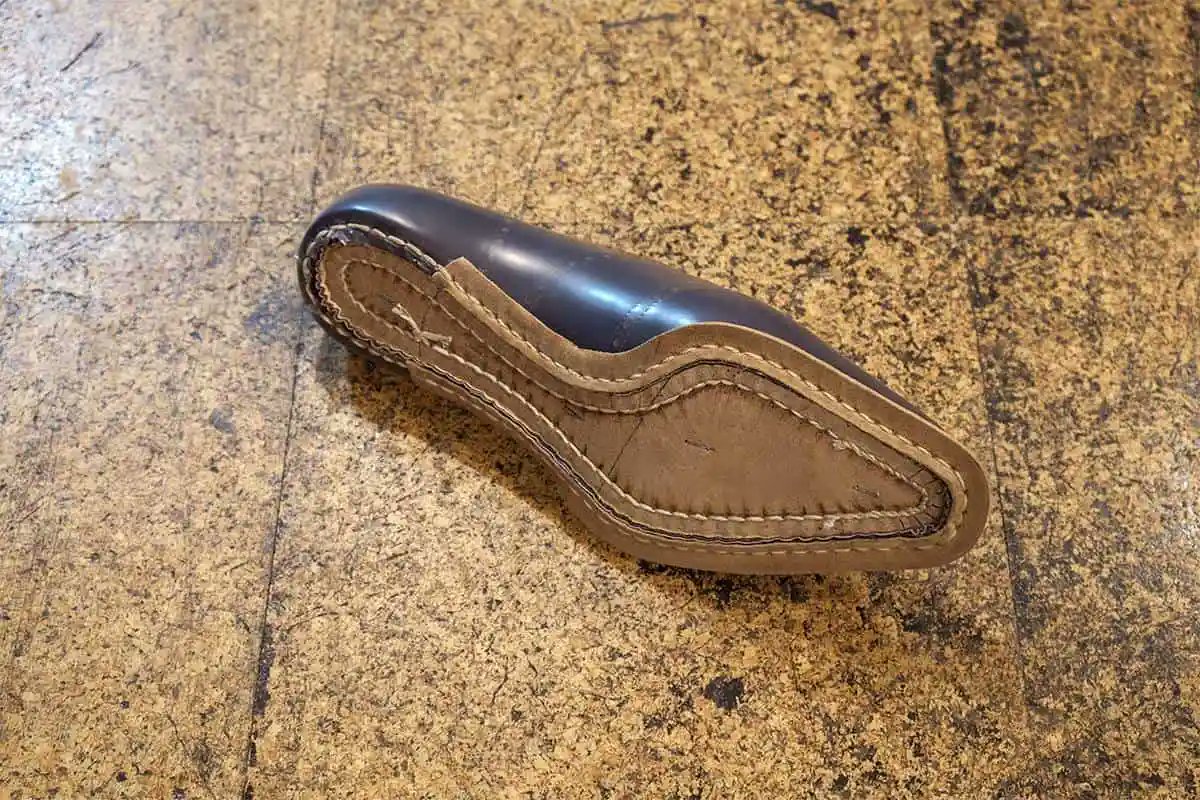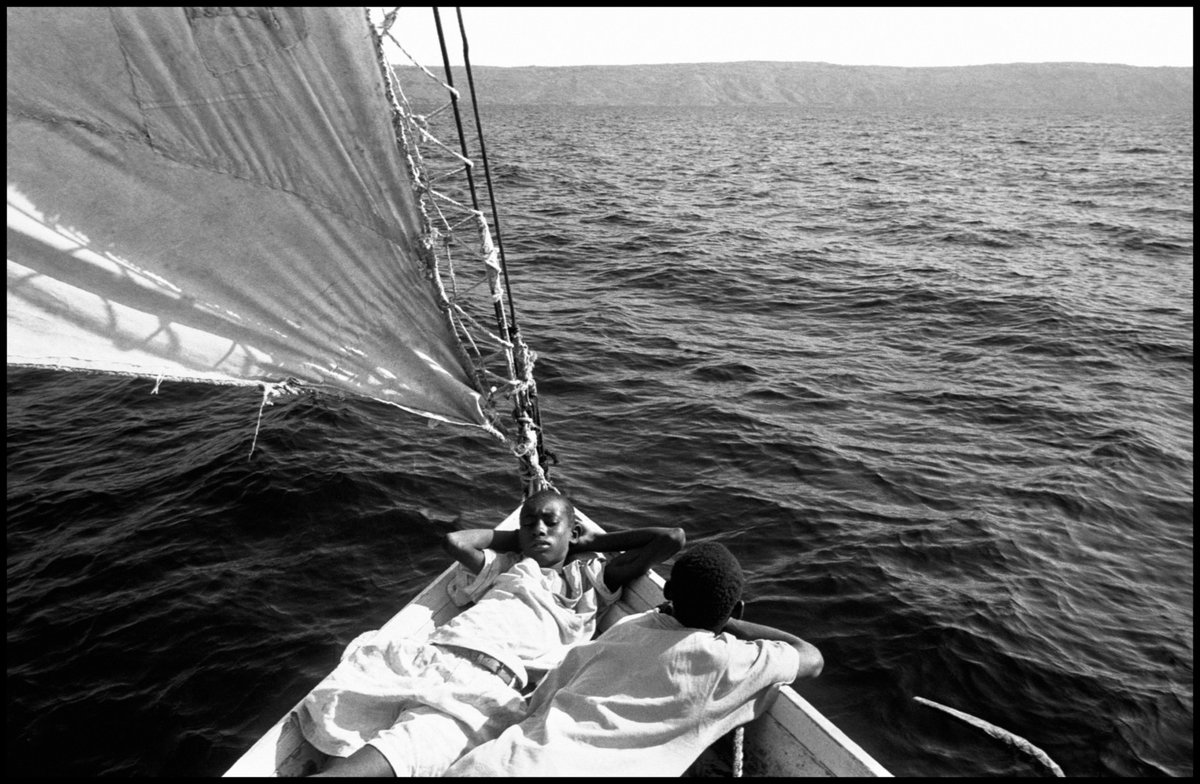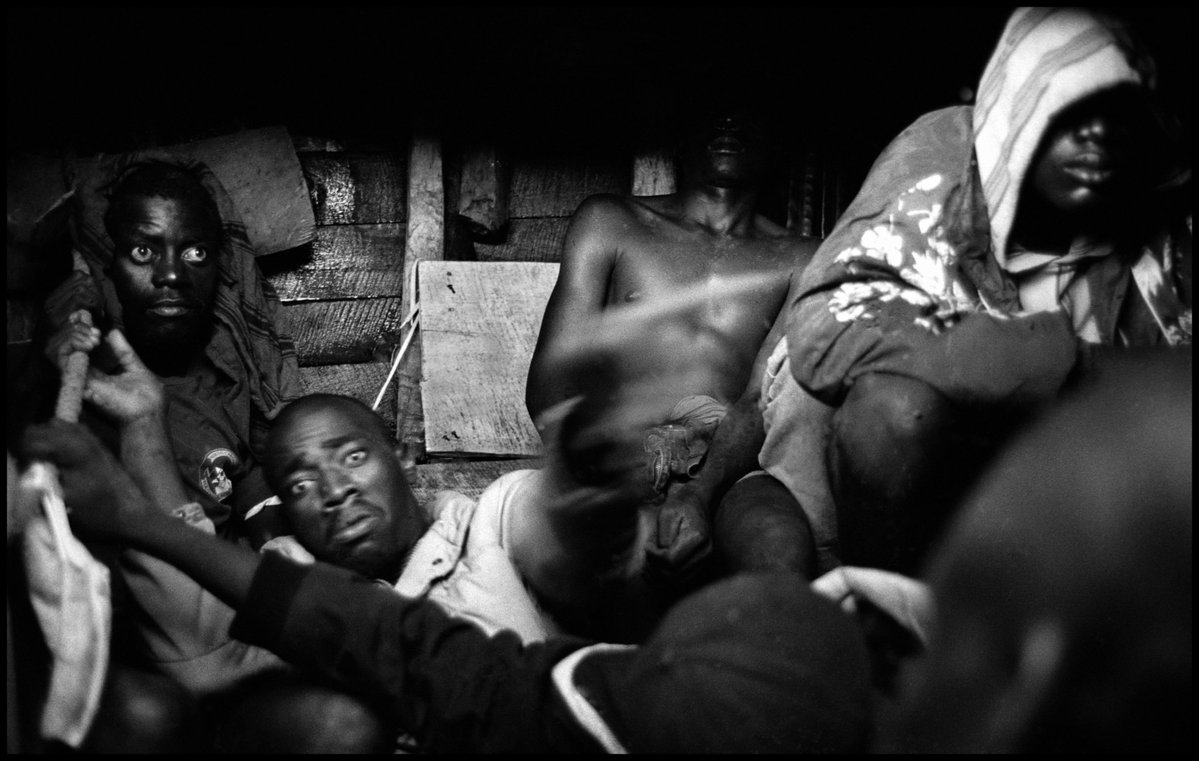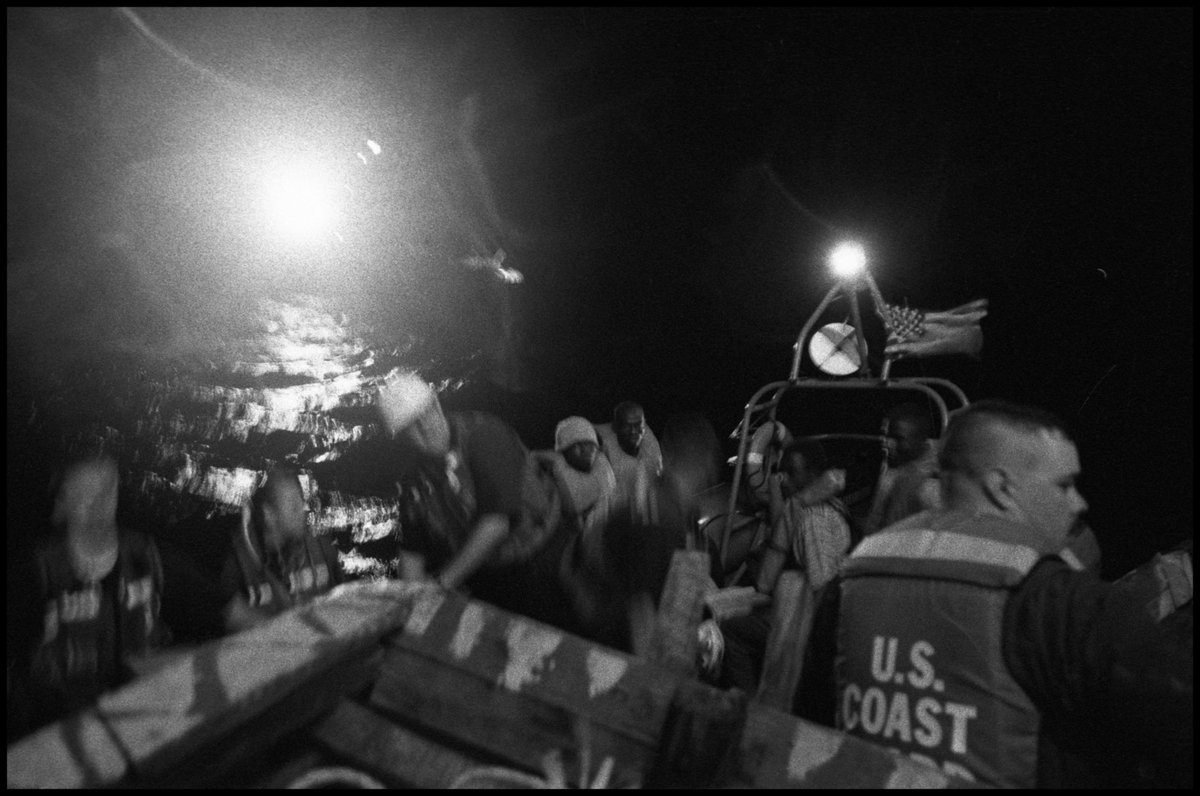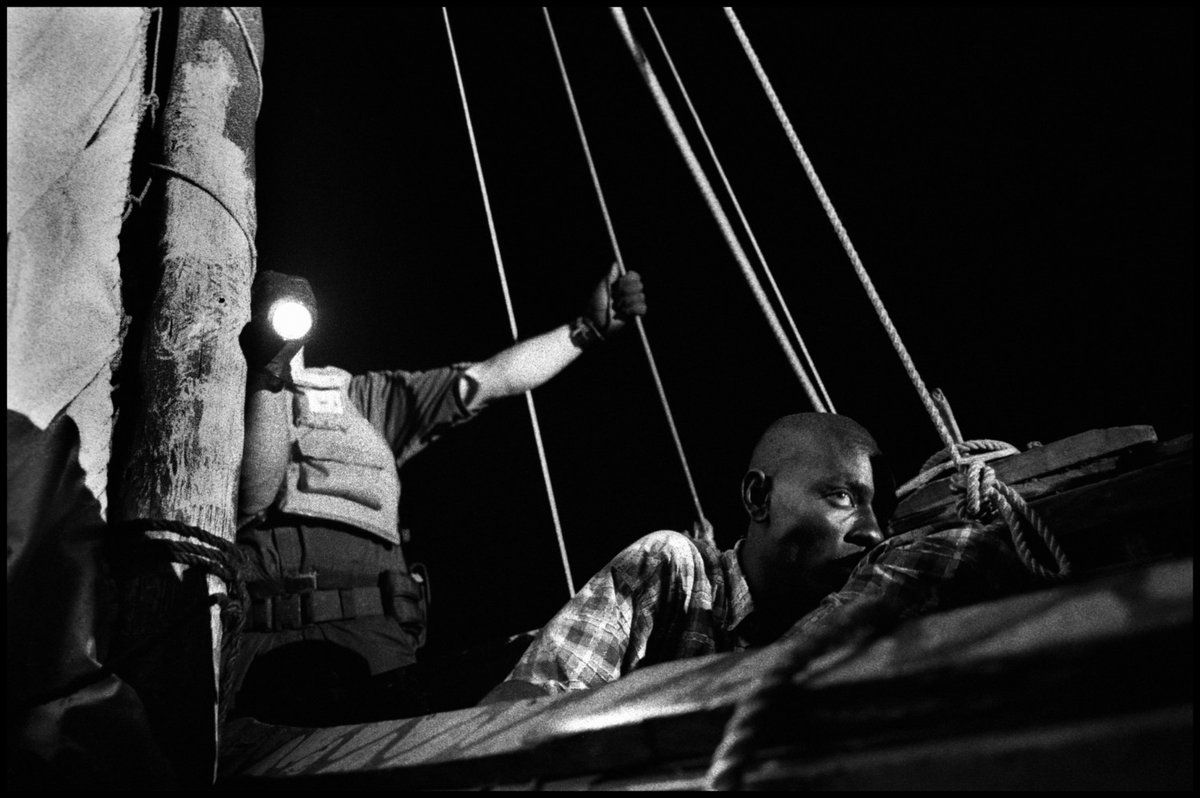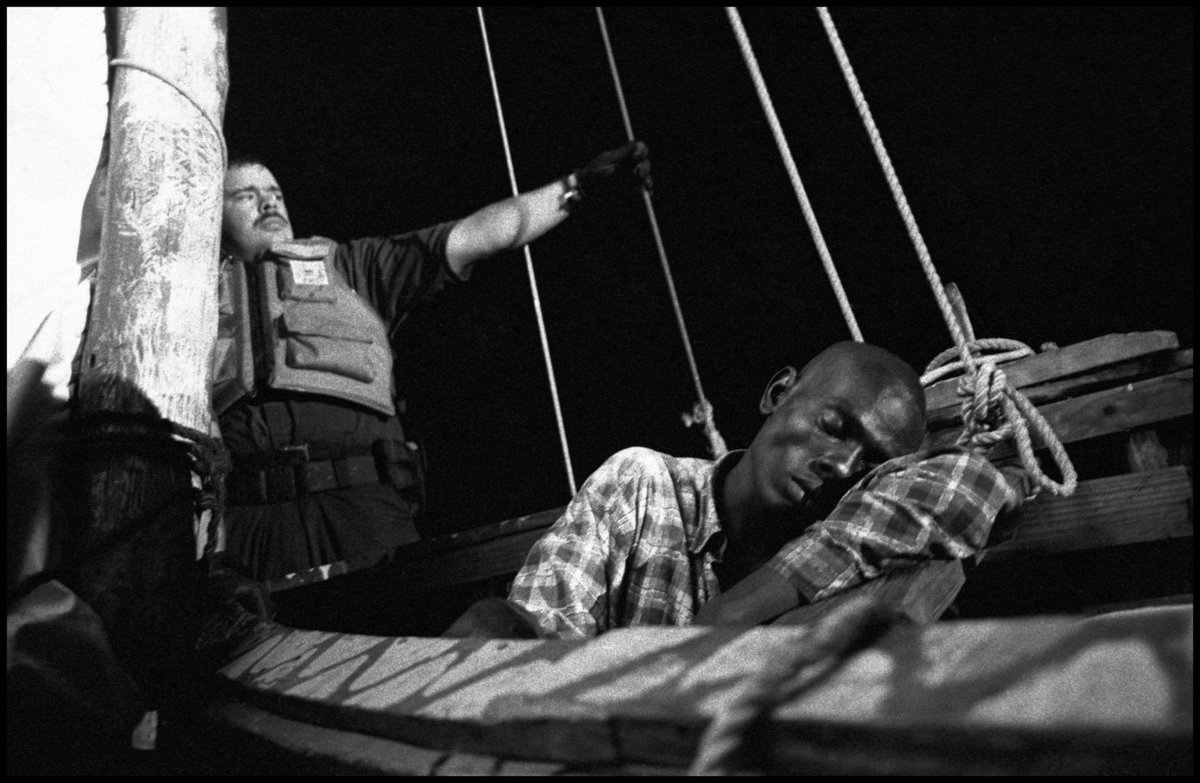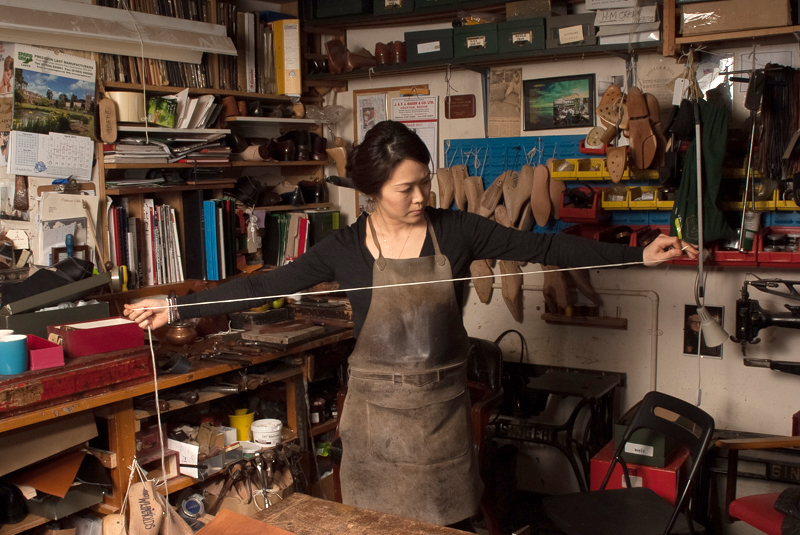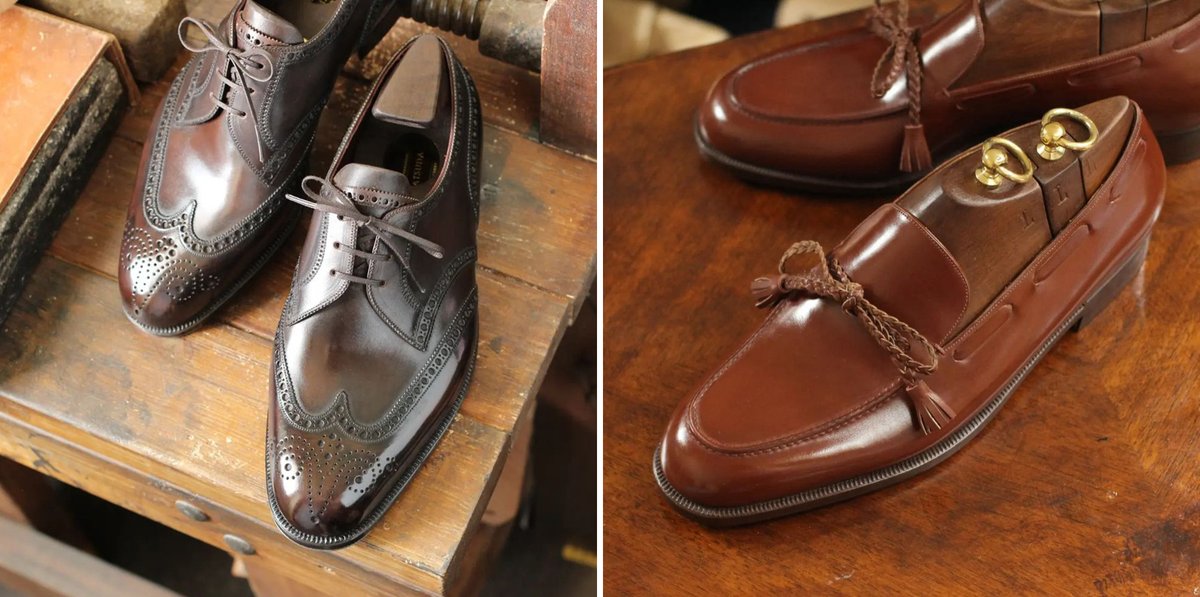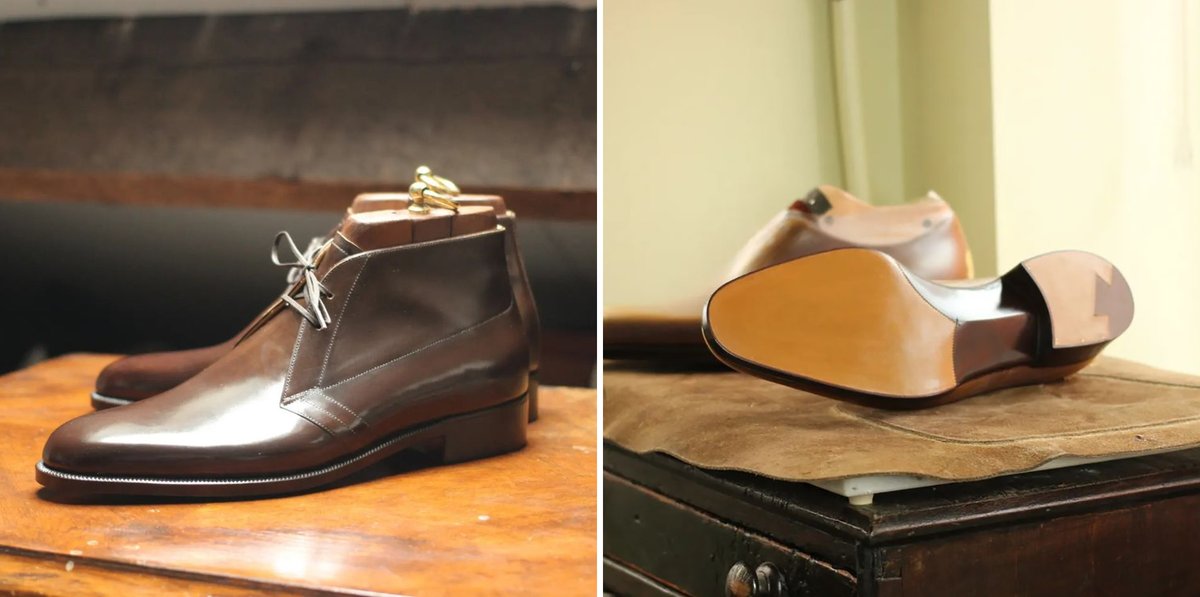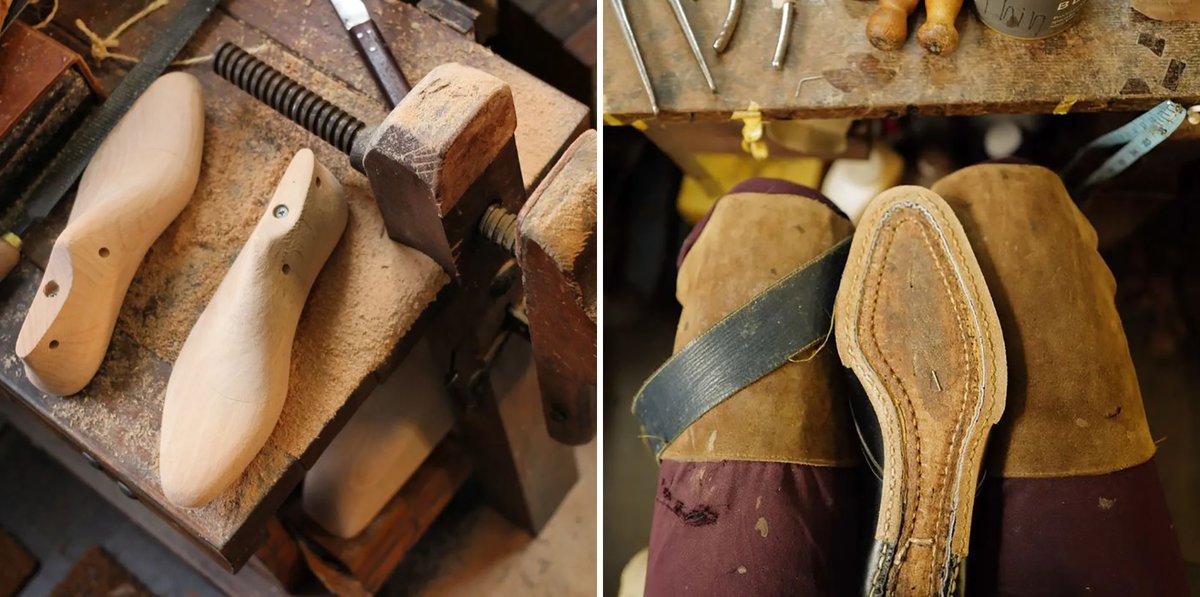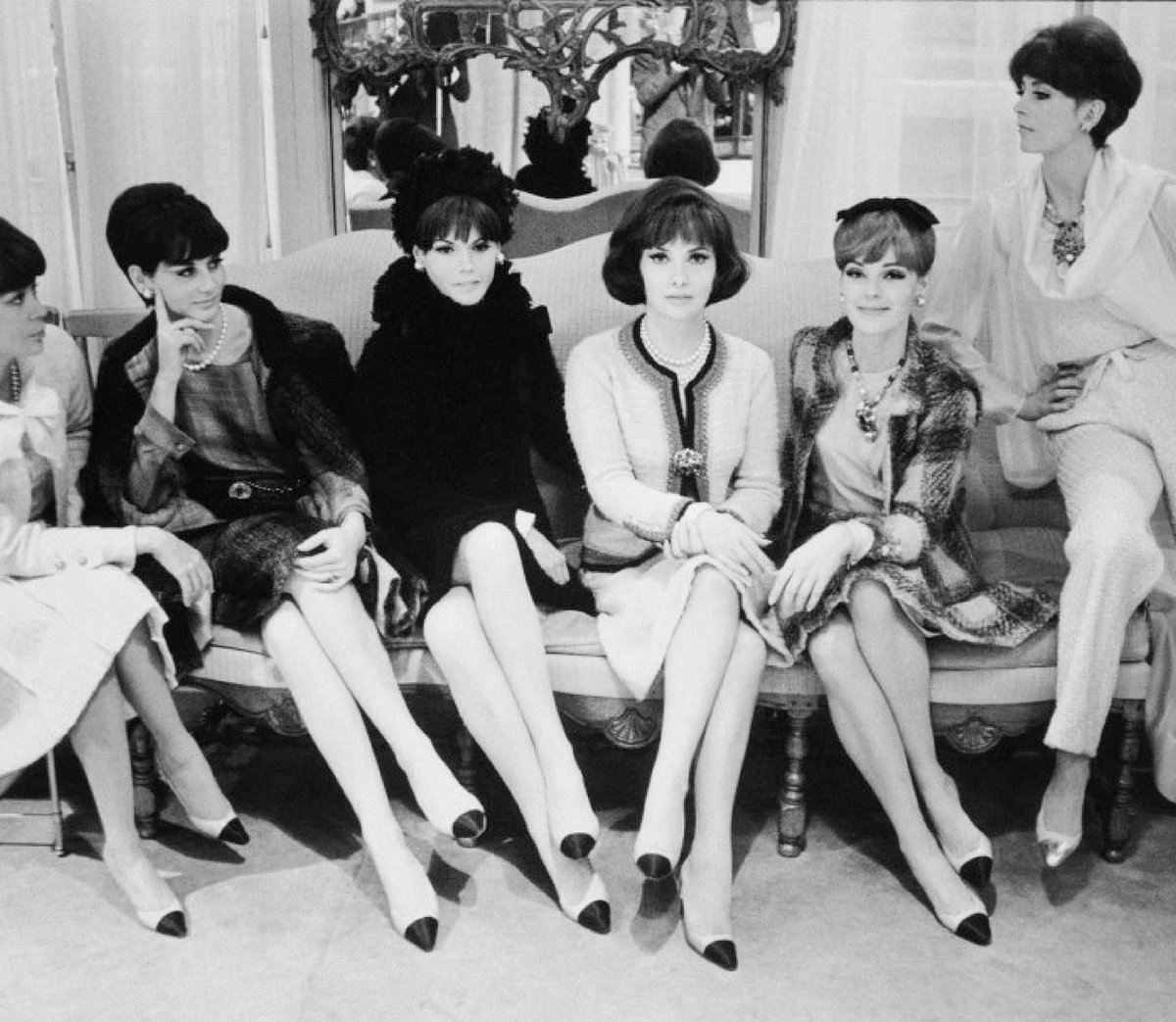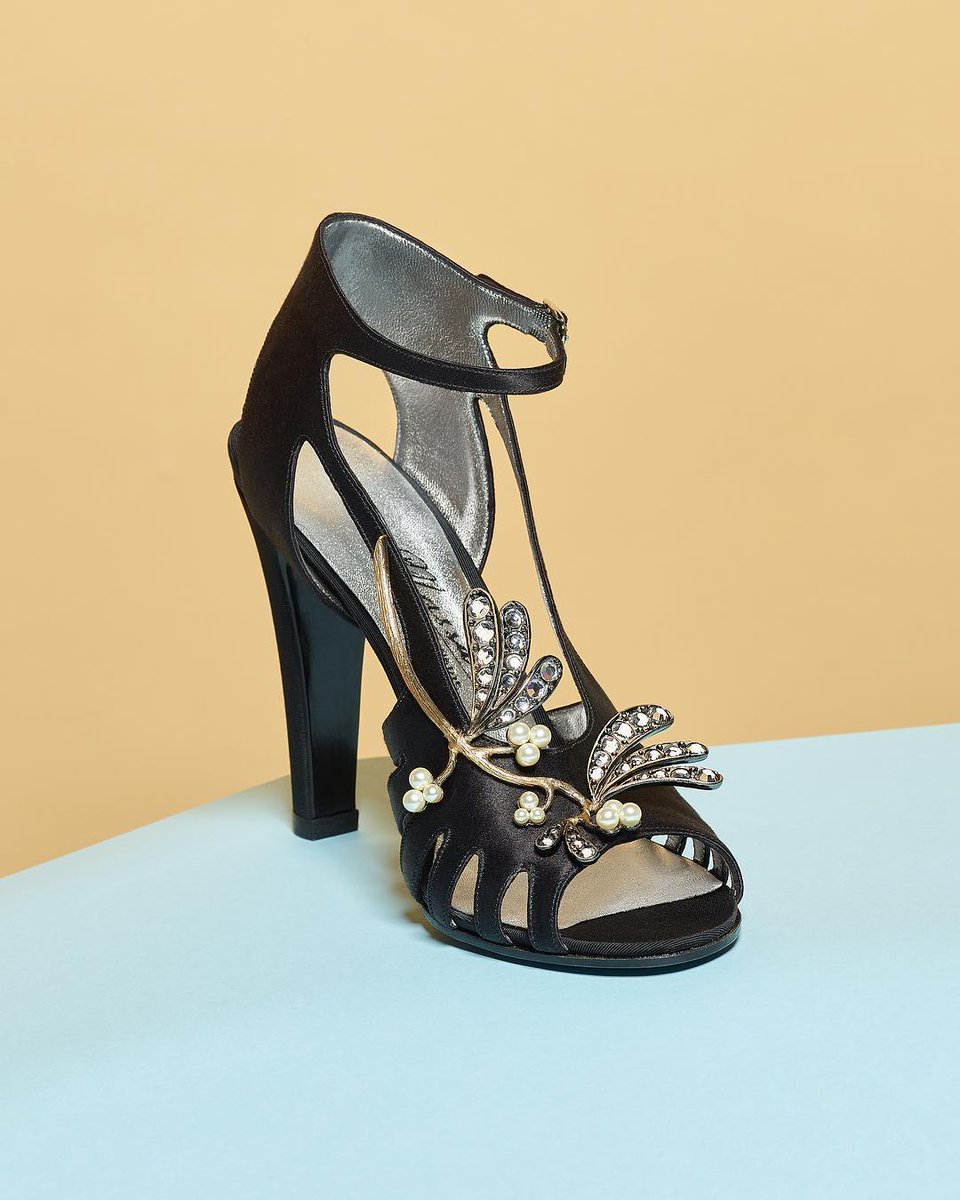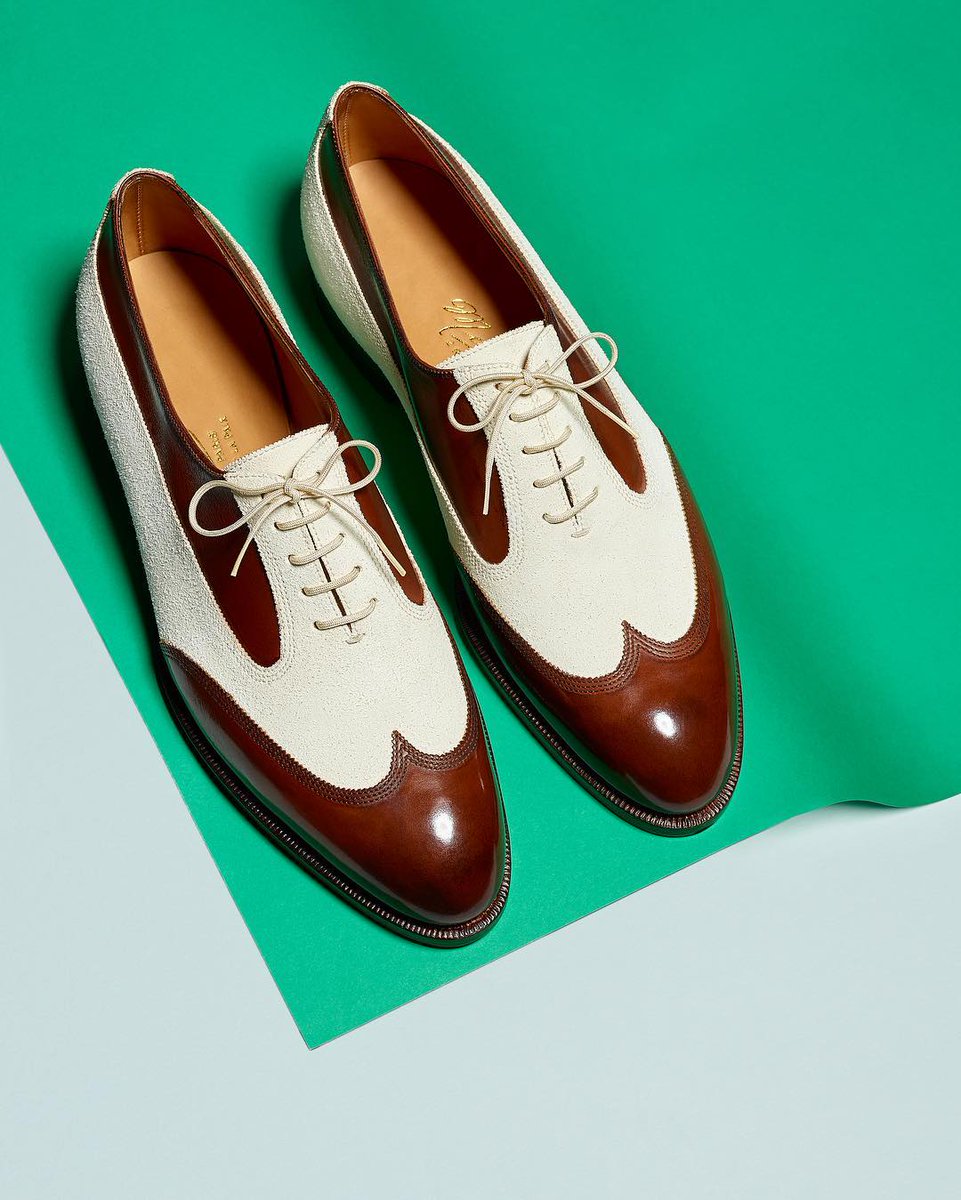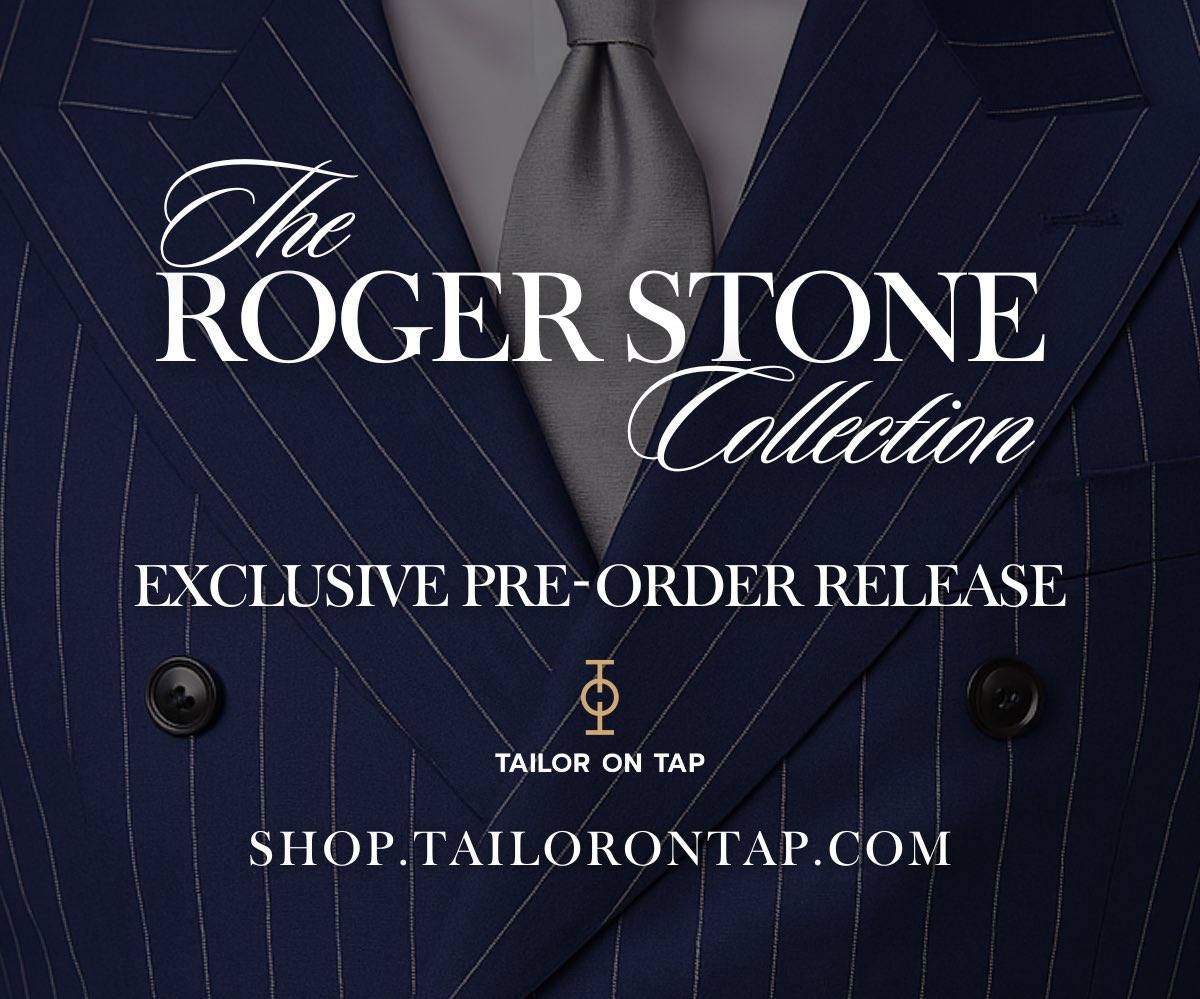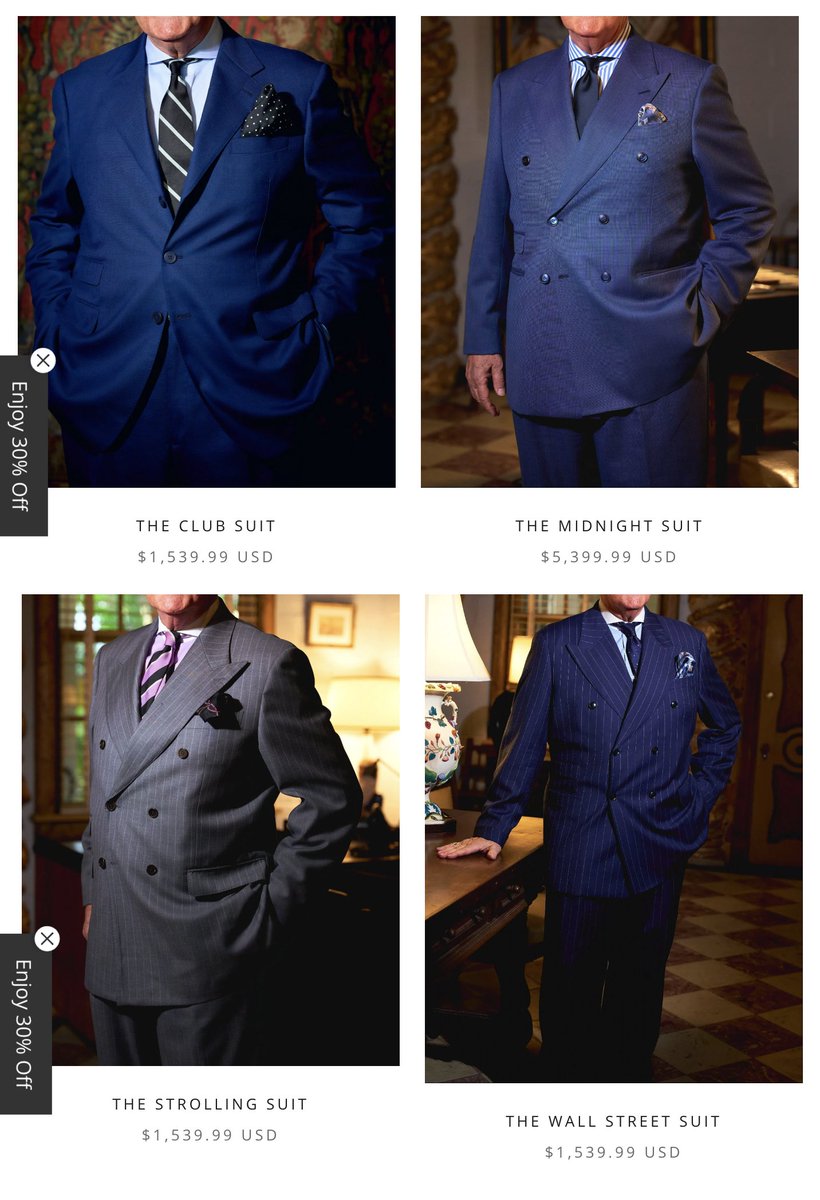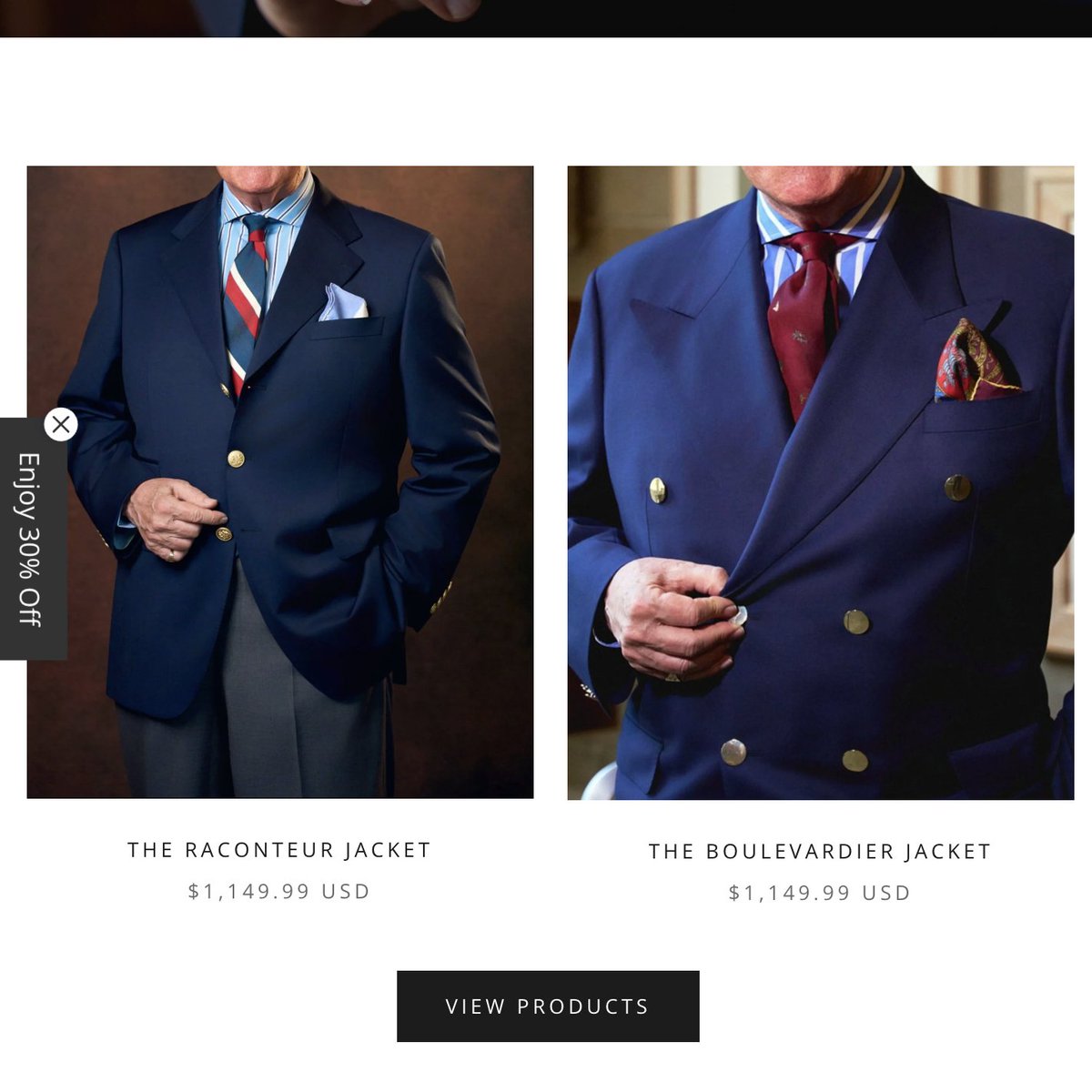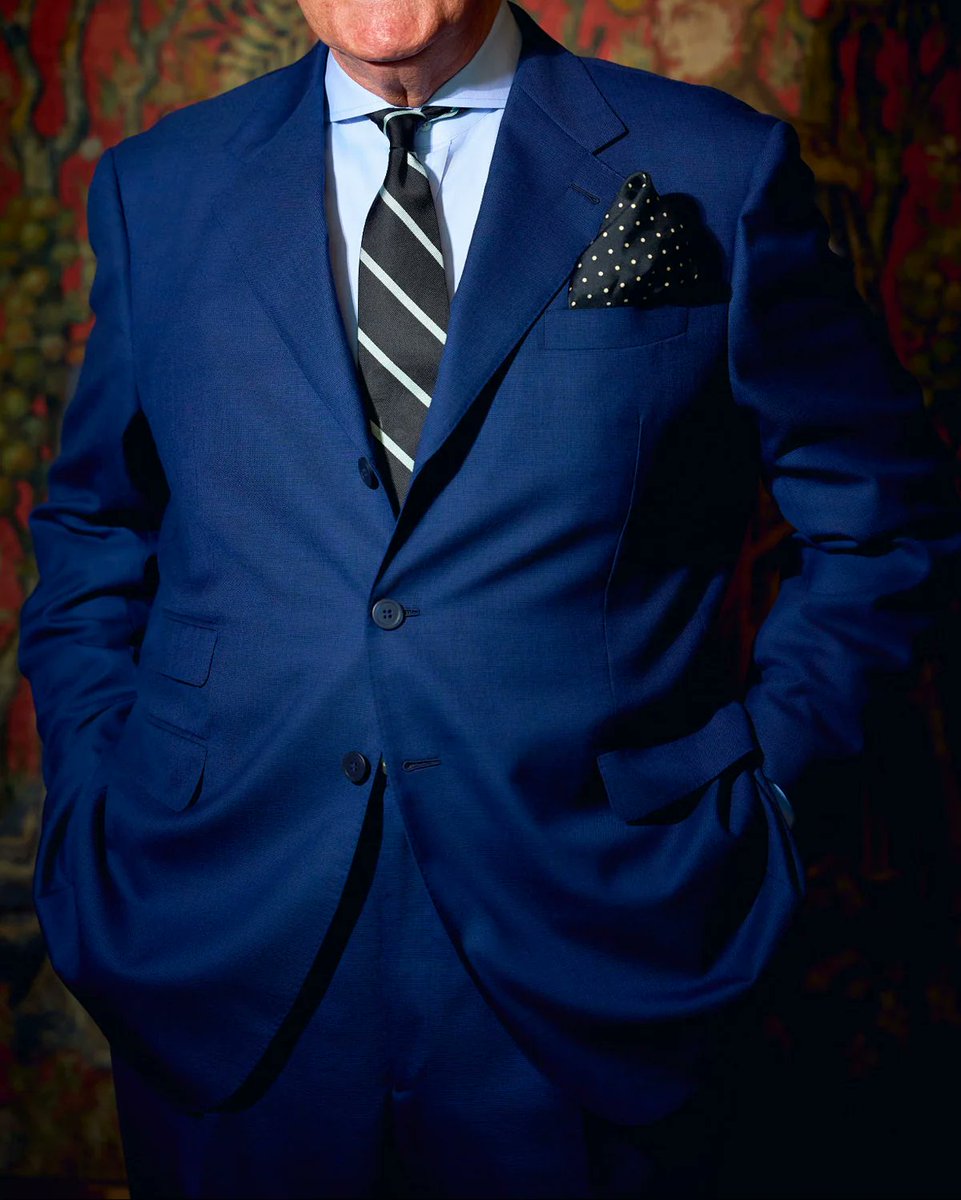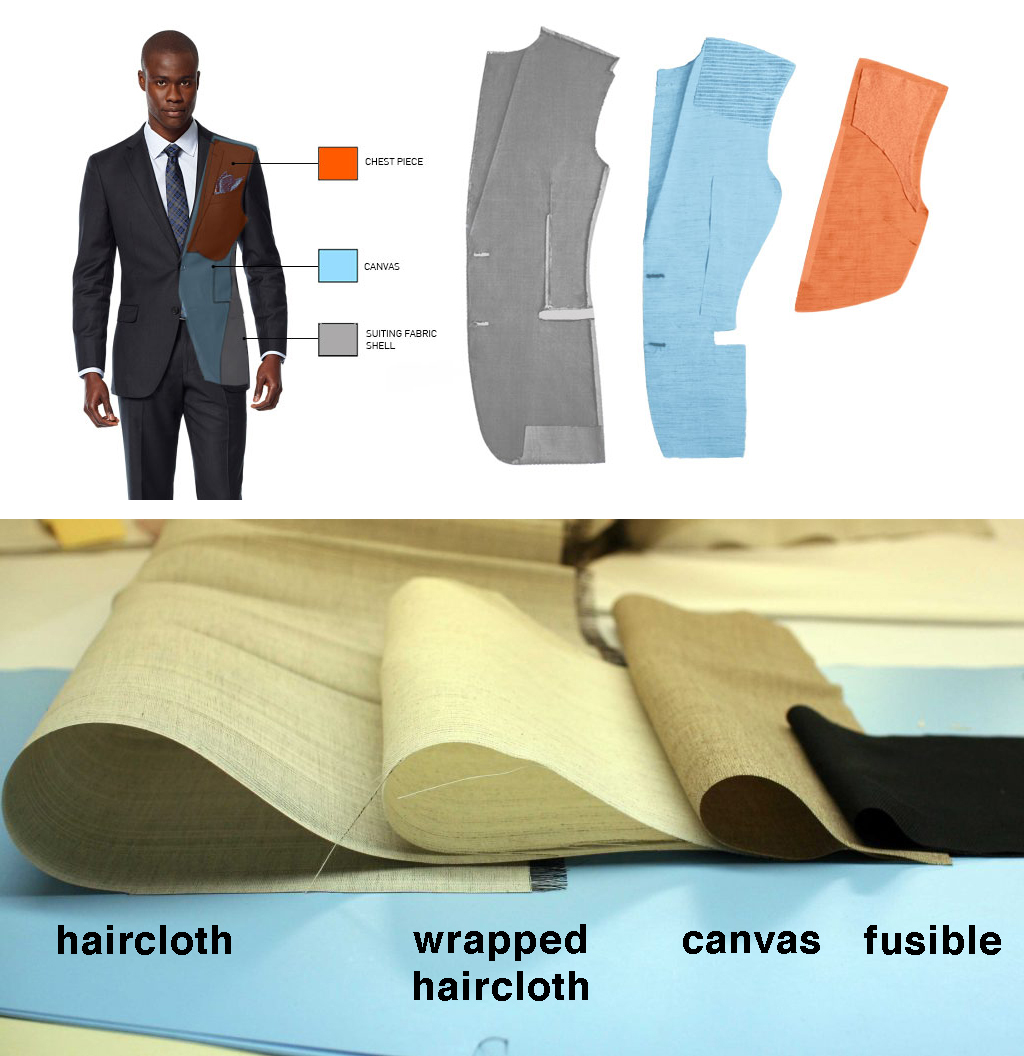Rumors are going around that Pete Hegseth might be on his way out. I don’t know if that’s true, but just in case, I want to do a thread on his style. To me, Hegseth’s wardrobe reflects a common pitfall guys fall into when they first start caring about clothes. 🧵 

When men start dressing with more intention, they often fall into the trap of cranking every knob to 11—volume, gain, treble, bass. The thinking is: more = better. But like in music, maxing out every setting doesn’t lead to clarity—it leads to noise. 

We see this in how Hegseth dresses. His belt buckle is USA. Pocket square is USA. Socks are USA. Open up his jacket and what do you see? USA. 





If there’s ever a chance to customize, he takes it—monogrammed shirt cuffs, contrast buttonholes, lapel pins galore. No flourish is left behind. 



With dark worsted pinstripe suits—the hallmark of conservative business dress—he skips the standard black oxfords and opts for bright tan shoes, simply because they catch the eye. And to drive it home, he throws on yellow socks to match his tie. 



The problem is that his clothes don't fit very well, and no amount of flourish or flair will hide this fact. He commonly wears clothes that are slightly too tight, sometimes resulting in a collar gap, as seen here
https://x.com/cspan/status/1914311301272052045
Trousers are a bit too low rise, sometimes revealing the flash or shirt fabric beneath the coat's buttoning point. Or, at times, his necktie. 



No matter your personal style, the most important elements of any outfit are fit and silhouette. Without those, everything else falls flat. Compare the more classic proportions on the left: longer jacket, wider shoulders, lower buttoning point, higher rise pants. 



Tailoring is meant to flatter the body, not reproduce its lines. On the left, the llama has a human-like shape, even though that’s not its natural build. Hegseth’s tailoring hews too close to his actual build, which makes things look a bit tight. 



Even in plain worsteds and without a single flourish, an outfit can look great if the tailoring is right. The first priority should always be fit and silhouette—everything else is secondary.
Examples below from Atelier Willow and Assisi, both in South Korea

Examples below from Atelier Willow and Assisi, both in South Korea


The second step is to think of your outfit as a whole—not just as a collection of pieces that excite you individually. Tan double monks might be fun, but they’re too casual for a charcoal pinstripe suit. Historically, tan shoes were for leisure, not business. 

Business attire calls for "serious" shoes, typically lace-up oxfords in conservative colors such as black, dark brown, or mid-brown. They signal formality and restraint, which is exactly what conservative business dress is meant to convey. 

It's admirable that Hegesth likes to wear his patriotism on his sleeve (or all over his body). But everything comes off very ham-handed and with no appreciation for this country's great clothing history. (Also, belt with black tie is .... very inelegant). 





I'd like to suggest some more sophisticated choices. Instead of an aggressively cut back spread collar (awful, tacky, too European) with a Windsor knot, he should honor this country's history with a button-down collar worn with a four-in-hand. 



The button-down, of course, is that style that Brooks Brothers introduced in the early 20th century and soon became a hallmark of classic American male dress. When cut properly, the collar points are long enough to create a soft, angelic roll. Can be worn with or without a tie. 



He should also ditch these suits. In the first pic, we see stiff, padded shoulders. In the second image, we see side vents (the flap at the back). And in the third pic we see machine-made pick stitching—the hard dimples along the lapel's edge. 





Those dimples are made to imitate the look of a handsewn European suit. Since the lapel is made from multiple layers of material, European tailors finish the edge with this gentle pick stitch. This results in soft dimples, not hard ones. Can look lovely if done well.
American clothiers typically finish their suit jackets and sport coats with a machine-sewn lapel, but they do a straight line so that there's no contrivance. See how the edge here doesn't have dimples—it's just a straight line of machine sewing. Doesn't try to imitate hand sewing 







Classic American tailoring is also distinguished by its soft shoulders, hook vent, and dartless front, which gives the jackets straighter sides. 



This is the style that carried American men from the hopping jazz clubs of the Roaring 20s through the Great Depression and onto campuses of a booming postwar America. The style suits any build, which is what makes it so democratic. 



As you start to dress with more intention, I encourage you to:
1) Prioritize fit and silhouette
2) Resist the temptation to turn every knob up
3) Think of dress as social language informed by history
IMO outfit on left is more sophisticated and American than one on the right.

1) Prioritize fit and silhouette
2) Resist the temptation to turn every knob up
3) Think of dress as social language informed by history
IMO outfit on left is more sophisticated and American than one on the right.


• • •
Missing some Tweet in this thread? You can try to
force a refresh


